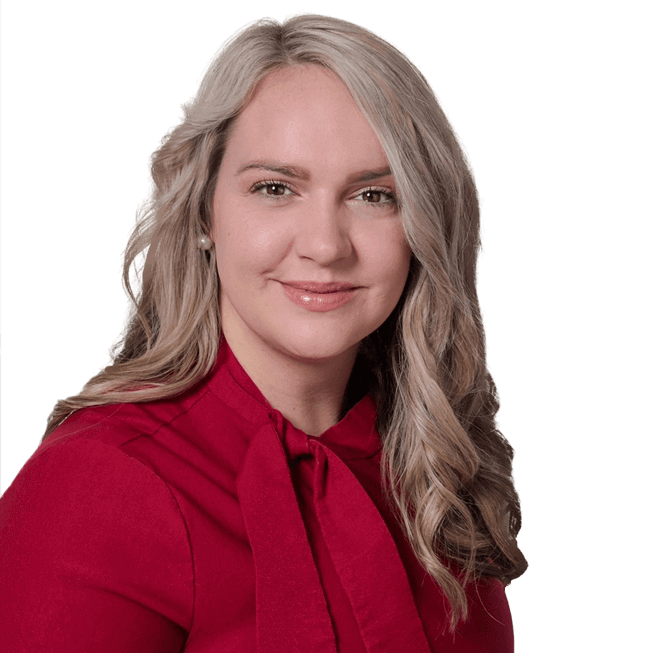Creating a standout resume is critical if you want to grab the attention of prospective employers, especially when you're changing medical specialties as an Advanced Practitioner (AP). Each medical specialty requires a unique set of skills and experience, so tailoring your resume is essential to demonstrate your qualifications for the new role. Whether you're a seasoned professional or new to the specialty, following these resume tips will help you present yourself as a top-tier candidate.

Focus on Job Requirements, Not the Title
When preparing your resume for a medical specialty change, it’s important to focus on the job requirements rather than the job title. Carefully review the job posting to understand exactly what the employer is looking for in their ideal candidate. Then, examine your own background for related skills and experience that align with the new specialty.
Ask yourself, “Do I have any relevant skills or training in this specialty area?” If you haven’t worked directly in the specialty, think about your past clinical experiences, both paid and unpaid. Consider whether:
- You completed clinical rotations or specialized training in the specialty during school.
- You received on-the-job training in a skill set relevant to the specialty.
- You gained experience in a related field or allied health position before becoming an Advanced Practitioner.
For example, many Nurse Practitioners (NPs) and Physician Assistants (PAs) have experience in other healthcare roles prior to becoming APs. Reflect on how these previous positions may have developed skills applicable to your new specialty.
Leverage Volunteer Work
Volunteer work can be just as valuable as paid work when changing medical specialties, so don’t forget to include it. Highlight your volunteer experiences in your resume to show your competency in the new specialty. If you lack experience in a specific area, consider taking a volunteer position to develop the required skills. Many nonprofit organizations and medical missions are in need of volunteer medical professionals, giving you a great opportunity to gain hands-on experience in the specialty.
Try a Skills-Based Resume Format
Your resume is your first impression—make it count. The resume format you choose can significantly affect how potential employers perceive your qualifications. Many people use a chronological resume format, which lists your employment history in reverse order, starting with the most recent job. However, if you're applying for a position in a different medical specialty, a skills-based resume format may be more effective.
A skills-based resume emphasizes your relevant skill sets rather than focusing on job titles. This format allows you to highlight the skills you’ve developed that are directly applicable to the new specialty, even if your job titles don’t match.
Example of a Skills-Based Resume
If you’re transitioning from Family Practice to a Pulmonary specialty, consider using specific headers to group your relevant skills. For example, you might create a section called Respiratory Experience and list your skills under that header:
Respiratory Experience:
- 3 years of experience diagnosing, treating, and managing a variety of respiratory diseases, including asthma, COPD, and pneumonia, in both pediatric and adult patients.
- Skilled in counseling patients on proper respiratory medication use and condition monitoring.
- Experienced in interpreting Pulmonary Function Testing and Peak Flow Meter results.
This approach shows that, while you may not have held a position specifically titled "Pulmonary Specialist," you possess the necessary skill sets to perform the role.
Additional Tips for Fine-Tuning Your Resume
- Tailor each resume to the specific job posting by incorporating keywords from the job description. This is especially important when applying to larger healthcare organizations that may use automated resume screening software.
- Emphasize transferable skills such as patient care, diagnostic abilities, and clinical experience that are relevant across different specialties.
- Highlight any certifications or continuing education that supports your qualifications for the new specialty.
*Originally posted on 5/26/2020. Last updated on 9/11/2024.

Ashley Poshard is the Manager of Program Relations and Data Quality. She joined PracticeMatch in 2021 and brings over a decade of database management experience. Formerly an in-house physician recruiter and PracticeMatch client, she excels in engaging physicians with the platform. Ashley collaborates with program coordinators nationally, offering educational opportunities and gathering feedback. Her role involves implementing innovative features and services, fostering long-term physician engagement with PracticeMatch. Additionally, Ashley leads the data team, working to maximize data collection efforts and enhance the PinPoint Database's size, value, and quality, solidifying PracticeMatch's position as a leader in healthcare recruitment and data management.